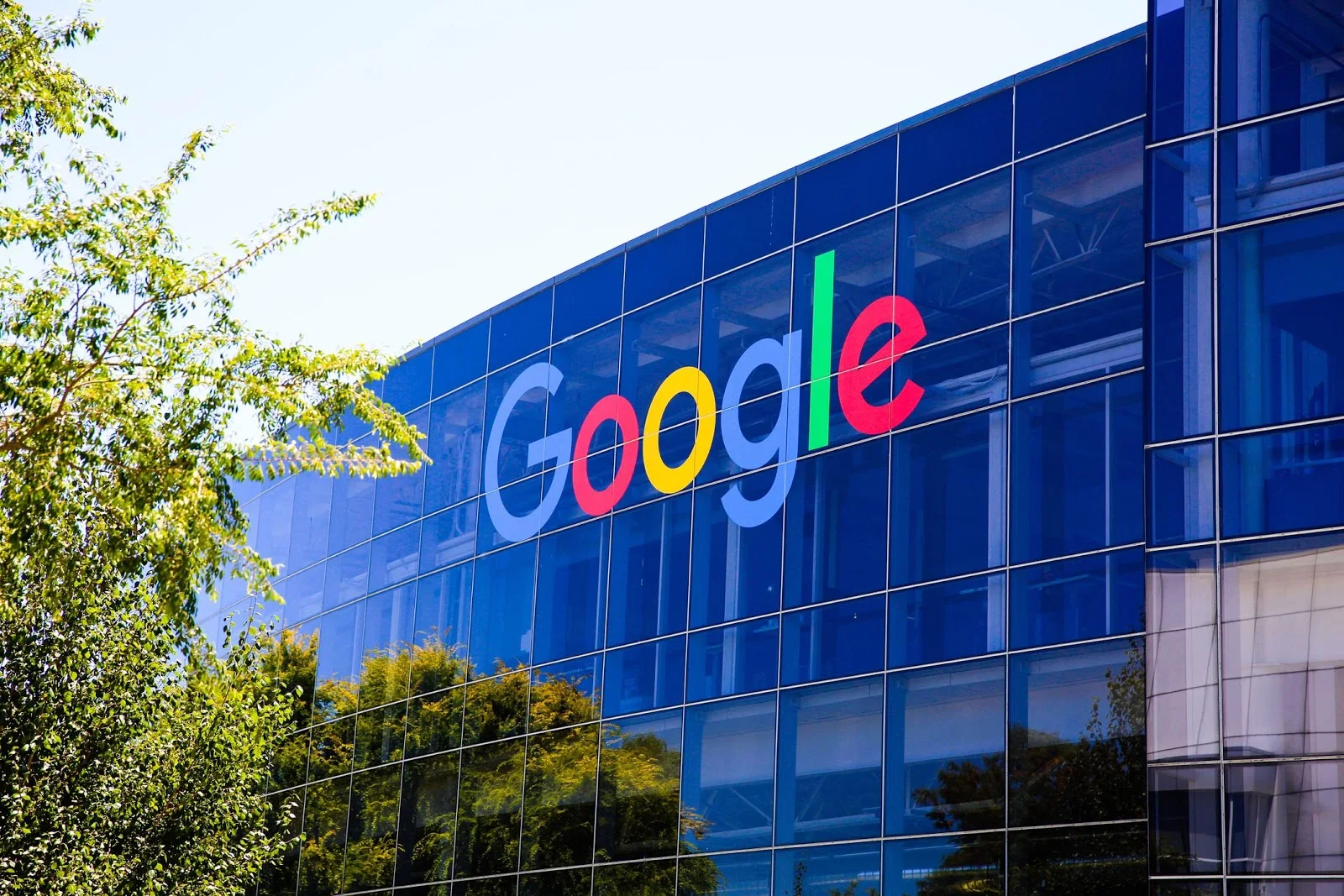Google will begin automatically deleting some user data indefinitely by default / GOOGLE Google has announced that it will begin automa...
 |
| Google will begin automatically deleting some user data indefinitely by default / GOOGLE |
Google has announced that it will begin automatically deleting some user data which is presently retained indefinitely by default. Google CEO Sundar Pichai, in a blog post announcing a new set of privacy-focused features, emphasised the company’s commitment to privacy: “As we design our products, we focus on three important principles: keeping your information safe, treating it responsibly and putting you in control.
Today, we are announcing privacy improvements to help do that, including changes to our data retention practices across our core products to keep less data by default.” Most notably, Google will be moving from offering users the option to autodelete data (introduced last year and accessible in Google’s Activity Controls section) after three months or 18 months to deleting data after 18 months for new users by default.
This will affect location history; search history; voice commands collected via Google Assistant, and YouTube viewing history (although viewing history will be automatically deleted after 36 months instead, such that viewing history can still be used to inform the platform’s recommendations). Data will not be autodeleted from apps intended to store personal data such as Gmail, Drive and Photos.
Existing Google account holders will have the auto-delete option promoted to them on the search page and on YouTube, prompting them to examine their privacy settings.
Although Google is widely credited with creating the lucrative business model of ad targeting based on mass collection and analysis of user data, the company has been increasingly attempting to position itself as privacy-conscious, including by publicly backing the EU’s General Data Protection Regulation.
By autodeleting user data after 18 months by default, Google will be able to position itself as a platform which values data privacy while simultaneously retaining a very large quantity of the most recent (and hence most valuable user) data. Other changes include Google making it easier to switch to Incognito mode in Google apps (a mode in which browsing history is not saved locally) with a long press on their profile picture. This feature will be introduced to iOS users this week and later for Android OS users.
Google will also soon offer the option to remain in incognito mode across all Google apps, such that users will not need to switch it on in every app they use. Google will also be integrating ‘Password Checkup’ – a tool which checks if any passwords associated with the user’s Goggle account have been compromised – to the ‘Google Security Checkup’ centre, whilst removing the ‘Password Checkup’ Chrome extension.

.webp)



